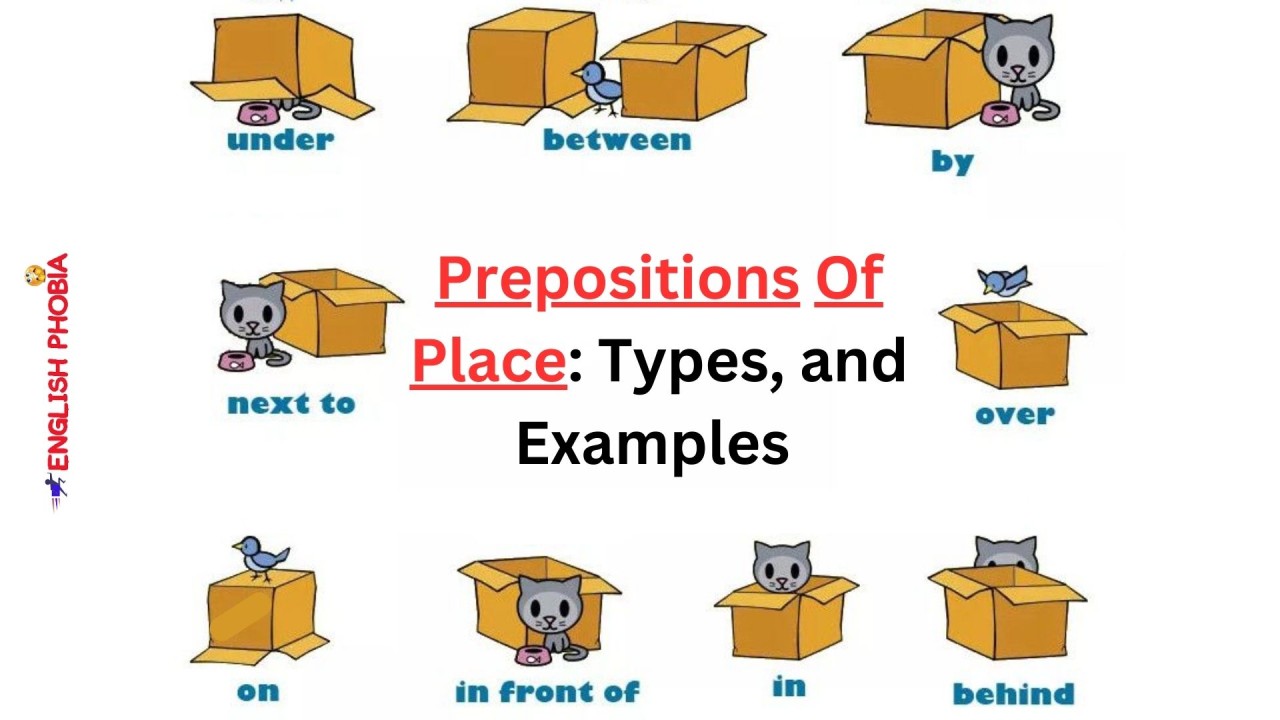Parts of Speech: A Simple Breakdown
“Discover the essentials of grammar with our simple breakdown of the parts of speech. Learn about nouns, verbs, adjectives, adverbs, and more with clear explanations and examples. Perfect for anyone looking to improve their understanding of sentence structure and enhance their writing skills.”
Introduction
Understanding the parts of speech is fundamental to mastering grammar and enhancing your writing skills. These building blocks of language—nouns, verbs, adjectives, and more—form the foundation of sentence structure and communication. Whether you’re a student, a writer, or simply looking to improve your language skills, this guide will break down the essential elements of grammar and provide clear explanations and examples.

What Are the Parts of Speech?
Nouns
- Definition: Nouns are words that represent people, places, things, or ideas. They can be tangible, like “book” or “dog,” or intangible, like “happiness” or “freedom.”
- Examples:
- Person: teacher, doctor
- Place: city, park
- Thing: laptop, apple
- Idea: love, democracy
Verbs
- Definition: Verbs describe actions, states, or occurrences. They are essential for constructing sentences as they show what the subject is doing or experiencing.
- Examples:
- Action: run, write, jump
- State: is, seem, feel
- Occurrence: happen, occur
Adjectives
- Definition: Adjectives modify nouns and pronouns by providing more information about them. They describe qualities, quantities, or states.
- Examples:
- Descriptive: blue, tall, happy
- Quantitative: several, few, many
- Possessive: my, your, their

Adverbs
- Definition: Adverbs modify verbs, adjectives, or other adverbs. They often describe how, when, where, or to what extent something happens.
- Examples:
- Manner: quickly, gracefully
- Time: now, later
- Place: here, everywhere
- Degree: very, quite
Pronouns
- Definition: Pronouns replace nouns in a sentence to avoid repetition and simplify statements.
- Examples:
- Personal: I, you, he, she
- Possessive: mine, yours, hers
- Relative: who, which, that
Prepositions
- Definition: Prepositions show relationships between nouns (or pronouns) and other words in a sentence. They often indicate location, direction, or time.
- Examples:
- Location: in, on, under
- Direction: to, towards, from
- Time: before, after, during

Conjunctions
- Definition: Conjunctions connect words, phrases, or clauses. They help to join ideas and create complex sentences.
- Examples:
- Coordinating: and, but, or
- Subordinating: because, although, if
- Correlative: either…or, neither…nor
Interjections
- Definition: Interjections are words or phrases that express strong emotions or sudden exclamations. They are often standalone and not grammatically connected to other parts of the sentence.
- Examples:
- Surprise: Wow! Oh!
- Emotion: Ouch! Hooray!
The Function of Parts of Speech
Sentence Structure
- Basic Sentences: Understanding parts of speech helps in constructing simple and complex sentences. For example, “The cat (noun) quickly (adverb) ran (verb) across (preposition) the street (noun).”
Grammar Basics
- Function and Agreement: Each part of speech plays a specific role in sentence formation and must agree in number, gender, or tense, depending on the context.

Writing Fundamentals
- Clarity and Precision: Mastery of parts of speech improves clarity and precision in writing. For instance, choosing the right adjectives and adverbs enhances descriptive writing.
Examples and Practice
Simple Sentences
- Example: “She sings beautifully.” (Noun: She, Verb: sings, Adverb: beautifully)
Complex Sentences
- Example: “Although it was raining (subordinating conjunction), we decided to go for a walk (main clause).” (Conjunction: although, Verb: decided, Pronoun: we)
Conclusion
Understanding the parts of speech is crucial for mastering grammar and enhancing your writing skills. By familiarizing yourself with nouns, verbs, adjectives, adverbs, and other components, you’ll gain a solid foundation in sentence structure and language essentials. With practice and application, you can improve your communication and writing abilities.